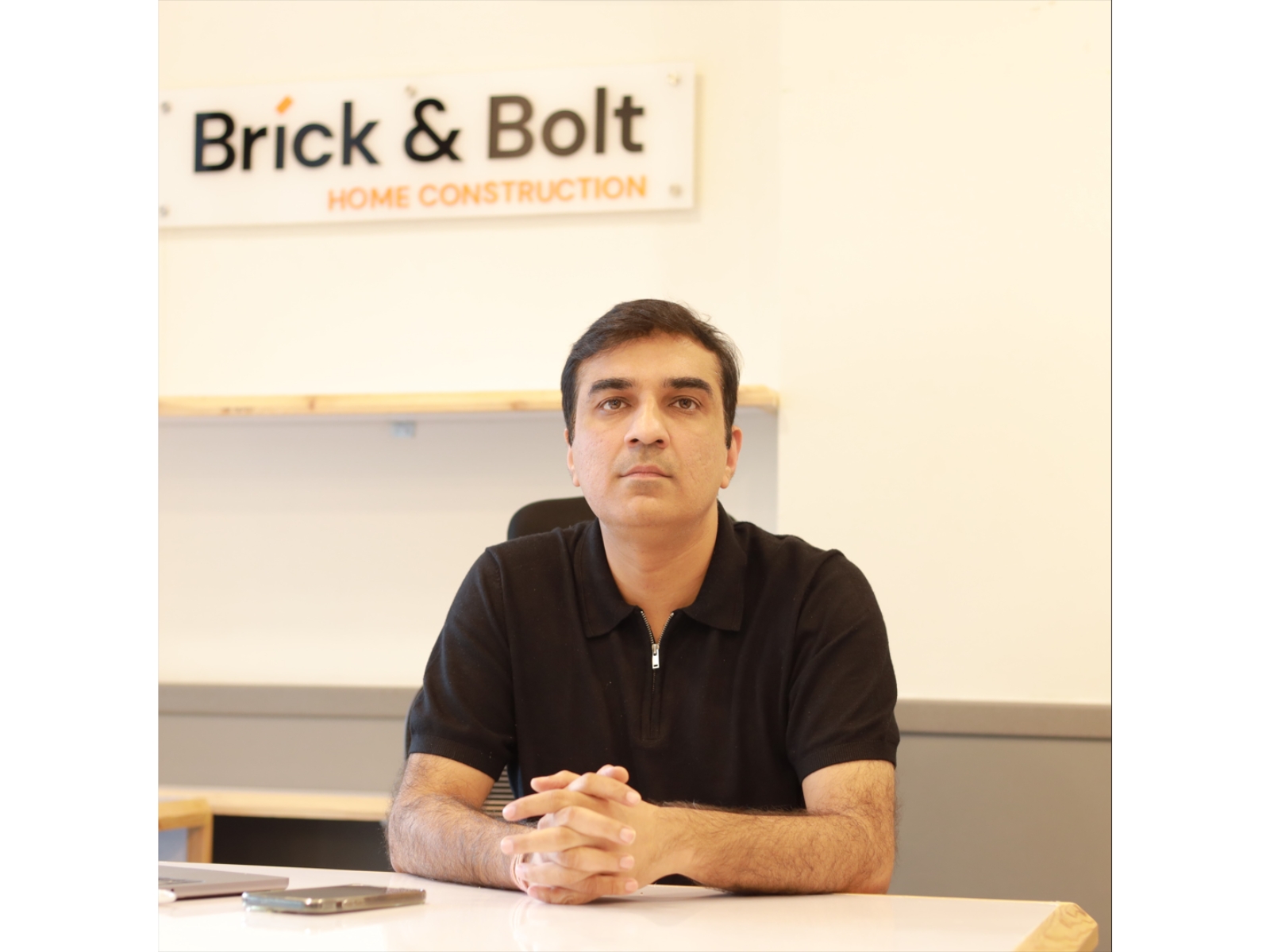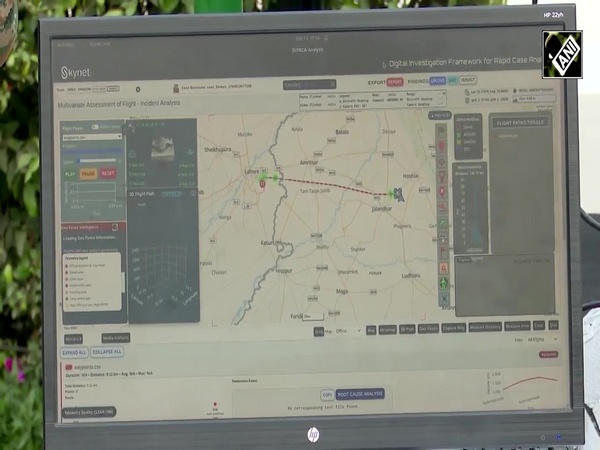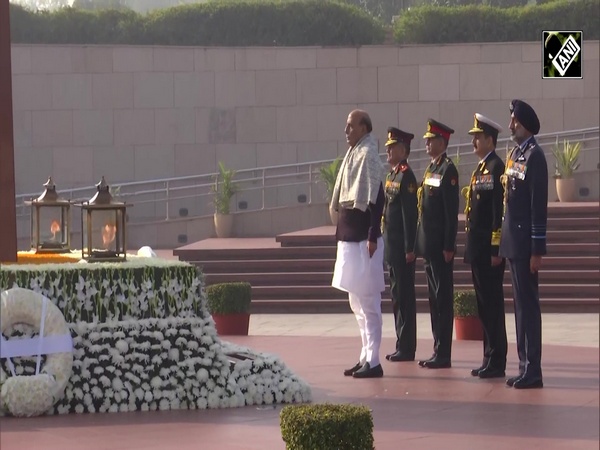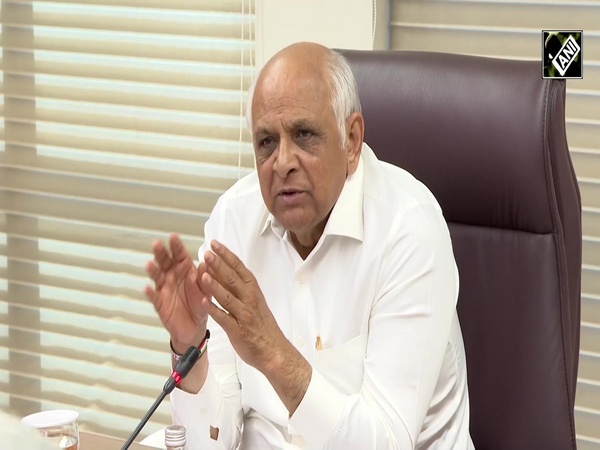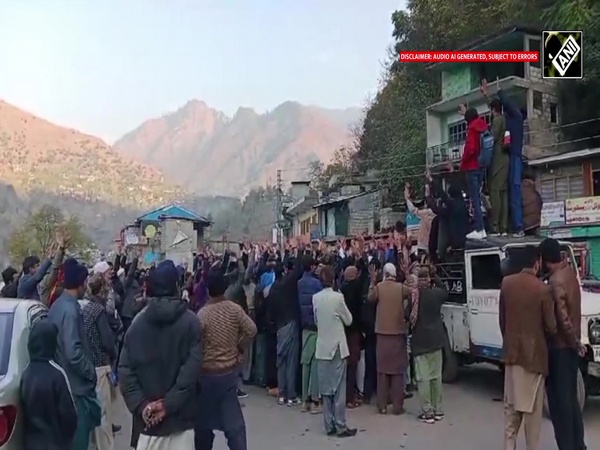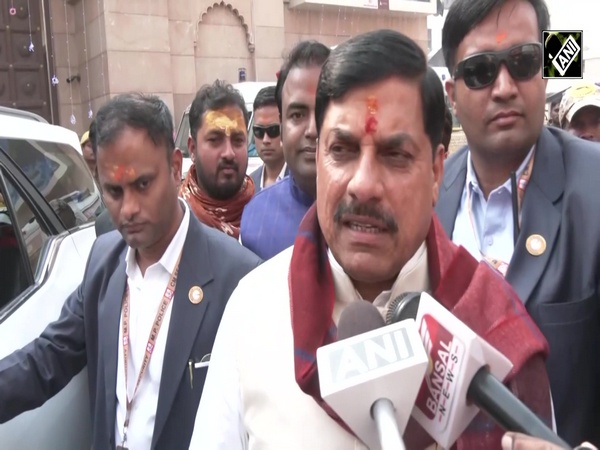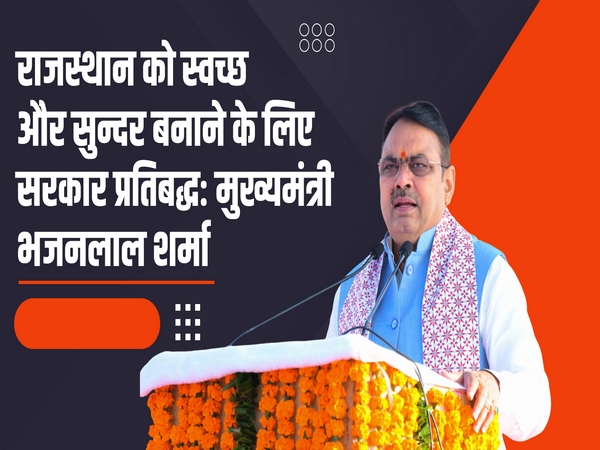Arrest of artists and intellectuals latest wave of China's crackdown on dissent
Sep 05, 2024

Beijing [China], September 5 : The arrest of artist Gao Zhen and journalist Zhang Zhan by the Chinese government as per the human rights advocates is the latest tactic employed by China to inflict a crackdown on dissent in the country, Voice Of America (VOA) reported.
Gao, a prominent sculptor, was detained by Chinese police on August 26 this year for "slandering Chinese heroes and martyrs." Over 30 police personnel raided his studio and confiscated pieces of artwork related to Chinese leader Mao Zedong and the Cultural Revolution, a turbulent period for China from the 1960s to 1976 initiated by Mao.
The VOA report quoted the statement of Gao Zhen's brother and main artistic collaborator Gao Qiang stating that Zhen's wife had received a notification from northern Hebei province's Sanhe public security bureau on August 27. The notification informed about him being detained under the charge of insulting and slandering Chinese heroes and martyrs, a law passed in 2018 that carries a maximum sentence of three years.
"The police mainly targeted artworks critiquing the Cultural Revolution, but these works were created more than 10 years ago, which predate the law that came into effect in 2021," Gao Qiang said in a written response.
Reportedly, the artist had returned to China to visit family with his wife and son in June from the US. His friends and family had also warned him about the probable security risks of going to China.
From the 1990s to the early 2000s, the Gao brothers are known for expressing critical views of Mao and his time in power. As a counter the Chinese police had shut down exhibitions of both and had confiscated some of the sensitive artworks in the past, but the artist brothers did run into major problems previously.
The two Chinese brothers had obtained a permanent residence in the US in 2011, after which, Gao Zhen moved to New York with his family in 2022. Gao Qiang also in the statement given to VOA mentioned that while the motivation for his brother's arrest remains unclear, he believes the incident shows the space for free expression has further shrunk in China.
"He is nearly 70 years old and is naturally prone to melancholy, so I'm very concerned about his physical and mental health in detention," Qiang told VOA, adding that the artist's lawyer had mentioned that his brother had raised complaints about persistent back pain.
Additionally, the artist's wife and children were also banned from leaving China as they had tried to fly back to New York on Tuesday. Currently, Zhen's son is an American citizen, and his family members have been seeking help from the US Embassy in Beijing over the matter.
While responding to the critical situation, several prominent Chinese writers and artists, including Ma Jian had previously written an open letter, urging the Chinese authorities to release the captured artist and set his family free.
Meanwhile, in another incident, a Chinese citizen journalist Zhang Zhan, who was released in May after serving a four-year sentence for covering the severe Covid-19 outbreak in Wuhan from 2020. Reportedly, Zhan was reportedly been detained by Chinese authorities at the Pudong Detention Center in Shanghai, the VOA claimed quoting Chinese news site Weiquanwang individuals knowing the arrest.
The VOA report further stated that Zhang during her recent detention, was travelling to Gansu Province of China to meet the mother of an activist who was arrested by Chinese police. Currently, it remains unclear whether Zhang has been put in administrative detention, usually lasting for 15 days, or criminal detention, which has a much longer sentence.
Just like Gao, concerns about Zhang's physical and mental well-being have also sparked. Previously, Zhang during her Covid-19 coverage prison sentence, had staged a months-long hunger strike that had caused her weight to drop to an alarming under 40 kilograms.
Since her release in May this year, Zhang has been openly speaking for other detained Chinese activists remaining critical of Chinese policies implemented for crubbing Western social media platforms such as X and YouTube, which China has banned.
According to the VOA report, Zhang had previously written on the Chinese social media platform WeChat in June that local authorities in Shanghai had threatened to re-arrest her if she "crossed the red line" and said in a YouTube video in July that she possibly had been followed.
Moreover, some analysts say other dissidents' experiences also point out that Chinese authorities impose harsher prison sentences on them if they were arrested for a second time. Which according to them could happen to Zhang.
The VOA report quoted Yaqiu Wang, research director for China, Hong Kong, and Taiwan at Freedom House stating, "If Chinese activists continue to stand up for freedom after their releases, the Chinese government definitely won't tolerate that. She on a phone call further added that she has an "ominous" feeling about Zhang's situation.
According to her views, "Gao was merely visiting China, and the works used as evidence against him were created more than a decade ago. This symbolizes a step further in terms of Beijing's crackdown on dissident community, and I remain extremely worried about the fate of other Chinese dissidents," Wang said.
Other than Wang, Zhou Fengsuo, a former Tiananmen student leader and executive director of the New York-based organization Human Rights in China was quoted in the VOA report stating "The arrests are part of the larger trend of Beijing adopting more forceful measures to control civil society and this situation will indeed increase the risks that Chinese activists face."










